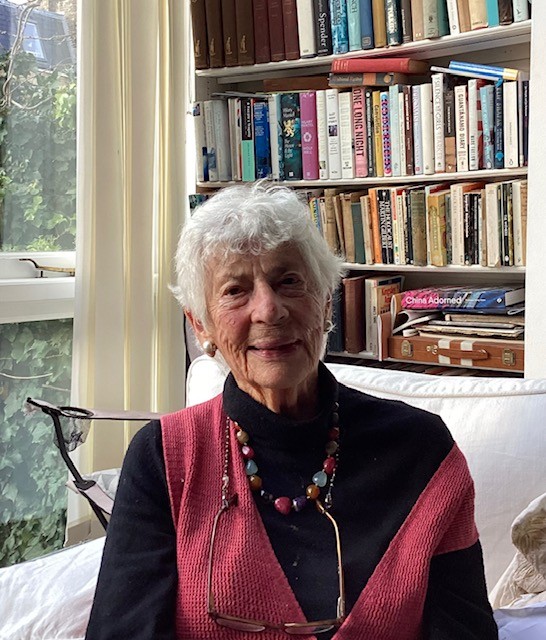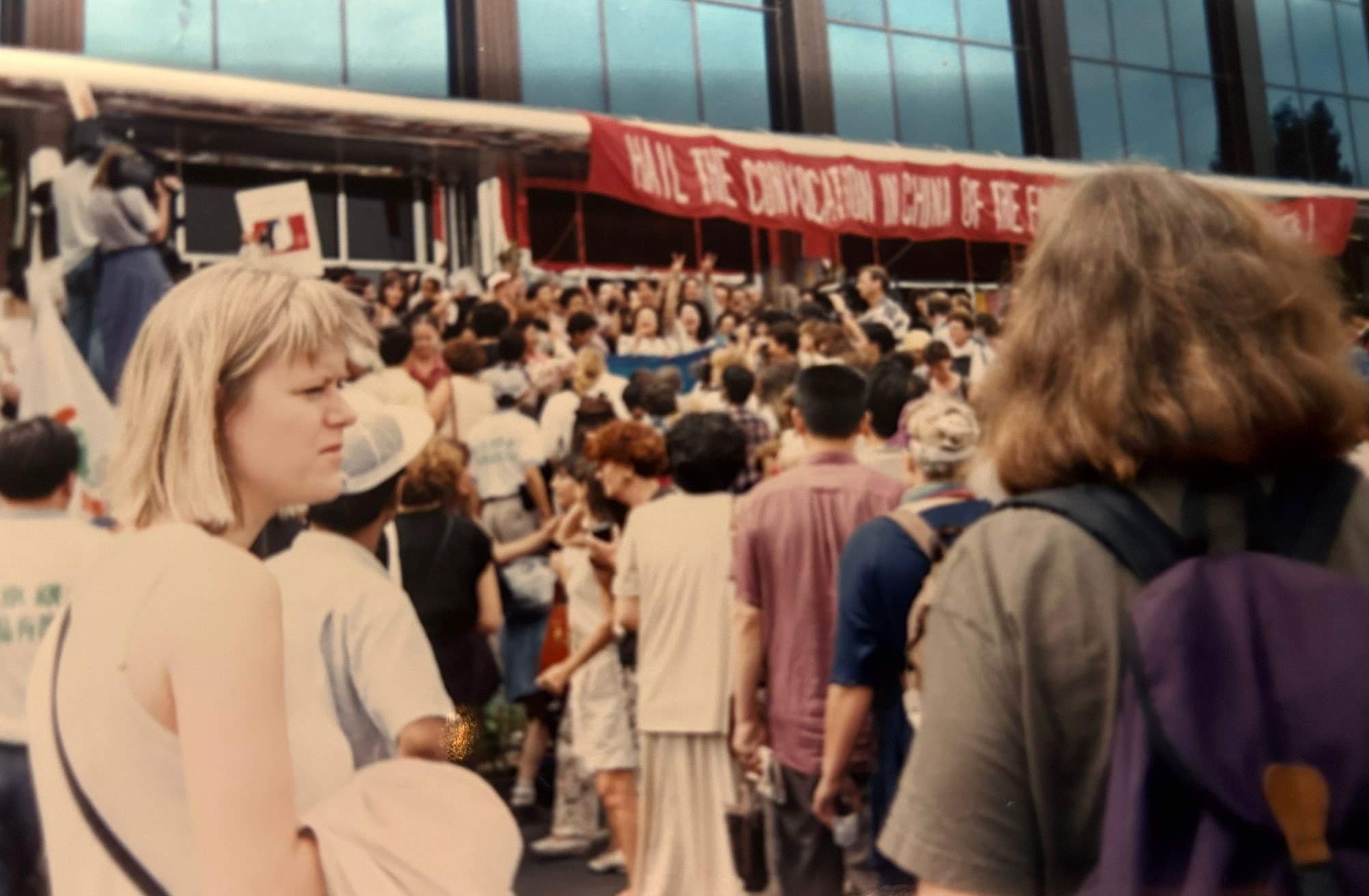The growing crisis of widows around the world
In the Beijing NGO Forum those attending my workshop – in particular those women coming from Africa and South Asia – agreed that widows now needed their own international organisation to bring their voices to the international community, to the UN, donors, governments and other NGOs working in the field of gender and human rights. But little did we anticipate then that during the following 30 years the world would see such an unprecedented increase in the numbers of widows of all ages, ( and wives of the missing, the “half-widows”) struggling to survive in extreme poverty, most vulnerable to all forms of violence, including rape and sexual exploitation as well as harmful traditional practices. These increases – and there is no reliable data – are mainly due to armed conflict, ethnic cleansing, violence and the proliferation of small arms as well as the HIV/AID and the COVID-19 pandemic.
At Beijing we set up the first international widows organisation, Empowering Widows in Development. Later, after 9/11 with so many more new conflicts breaking out in the Balkans, Africa, South Asia and spurred on by the plight of Afghan widows under the Taliban regime, we founded Widows for Peace through Democracy (WPD).
And for thirty years we have been striving, through zealous attendance at every annual CSW, to at least get a mention of “widows” and “marital status” into the documents that emerge as the “Agreed Conclusions” from every session.
A shrinking space for progress on women’s rights
Since 1995, the global landscape for women’s rights has deteriorated in alarming ways. The early 2000s marked the beginning of a “pushback” against progress, with the rise of autocratic regimes, escalating armed conflicts, entrenched patriarchy, and extremist groups like ISIS, the Taliban, and Boko Haram. Racist, misogynistic dictators have gained power, and violence against women and girls has surged. We remain far from fully implementing the Beijing Platform for Action, and the gaps in achieving gender equality continue to widen. Worse still, this backlash is accelerating as right-wing, chauvinistic, war-mongering regimes consolidate control. Widows, whose numbers increase every hour due to conflict and oppression, remain largely invisible on the UN agenda.
In 1995, we believed in a rules-based international order, where the UN system could hold member states accountable to international law. We also believed that women’s NGOs would have a voice in shaping global policy. Instead, the space for civil society has shrunk dramatically. Since 2010, we have been physically barred from effective participation within the UN building, confined to the other side of First Avenue, talking amongst ourselves while government delegates remain disconnected from the realities we describe. Many NGOs deplore the restrictive CSW working system, which sidelines our engagement and diminishes our influence. This will be my final CSW attendance, and I can only hope that this year, my efforts will be more successful.
I travelled to Beijing in 1995 with such hope. It was such an exciting experience. Meeting so many women from all over the world, all with the same mission, the same determination.
There were some comical moments too. In our hastily constructed accommodation in Huairou we were woken early one morning by the sound of motor bikes. Going outside we were confronted by Chinese police bearing mountains of blankets. Apparently, a rumour had spread that the western feminists gathered there were likely to strip off to their underwear and the blankets were sent to cover us up.
But what an exciting, dramatic, inspiring, memorable meeting it was. Unforgettable, even as we continue to struggle for full implementation of that historic plan.
 Margaret Owen O.B.E. is a human rights lawyer specialising in women’s rights, particularly widows’ rights in conflict and post-conflict settings. She has worked on behalf of vulnerable women and children living in poverty, under occupation, or as refugees. After studying law at Cambridge and sociology at LSE, she practised law before leading policy work at the International Planned Parenthood Federation and consulting for the Commonwealth Secretariat and WHO.
Margaret Owen O.B.E. is a human rights lawyer specialising in women’s rights, particularly widows’ rights in conflict and post-conflict settings. She has worked on behalf of vulnerable women and children living in poverty, under occupation, or as refugees. After studying law at Cambridge and sociology at LSE, she practised law before leading policy work at the International Planned Parenthood Federation and consulting for the Commonwealth Secretariat and WHO.
She is the founder and president of Widows for Peace through Democracy, as well as the co-chair of the international working group of the UK CSW Women’s Alliance, lobbying on gender and human rights issues at the UN. She is a long-time advocate for Kurdish rights and has observed political trials in Turkey.


 Margaret Owen O.B.E. is a human rights lawyer specialising in women’s rights, particularly widows’ rights in conflict and post-conflict settings. She has worked on behalf of vulnerable women and children living in poverty, under occupation, or as refugees. After studying law at Cambridge and sociology at LSE, she practised law before leading policy work at the International Planned Parenthood Federation and consulting for the Commonwealth Secretariat and WHO.
Margaret Owen O.B.E. is a human rights lawyer specialising in women’s rights, particularly widows’ rights in conflict and post-conflict settings. She has worked on behalf of vulnerable women and children living in poverty, under occupation, or as refugees. After studying law at Cambridge and sociology at LSE, she practised law before leading policy work at the International Planned Parenthood Federation and consulting for the Commonwealth Secretariat and WHO.